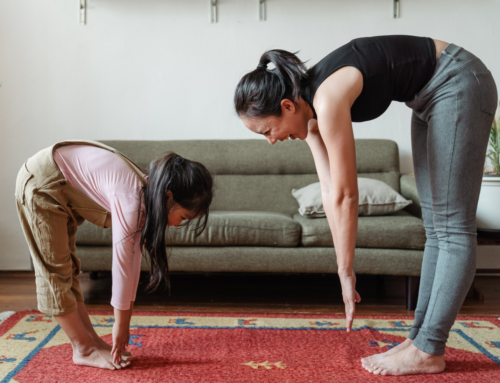Aging brings many health complications with it; from dementia and arthritis to a general feeling of disconnectedness, the list is long.
One such complication is a disturbance in a person’s gait. Restricted largely to the elderly, people between 60–97 are most vulnerable to gait issues.
This is in addition to the fact that elderly people are already prone to an existing array of movement problems, from mere walking to standing for long periods of time. Add gait disorders to the mix, and you have a very problematic situation on your hands.
What Happens When You Have Gait Disorders?
Sometimes, gait disorders are the result of your abductor muscles no longer being able to support you. Other times, they could be the result of an injury, an accident, or simply due to old age.
For anyone to be able to move on their own, they need to be able to turn, walk, stand up, sit down, etc. If, for instance, you can’t stand with one foot behind the other, or you can’t rise from a chair quickly, you might have a gait problem.
For someone to walk without assistance, they also need muscle strength and considerable motor control—something that reduces with age.
What Causes Gait and Balance Problems?

Even though walking and balancing yourself look easy, they aren’t. They are intricate movements that we learn to carry out as we grow up.
You need a combination of elements to work together for gait and balance to not be a problem—the eyes, ears, muscles, your brain, and the corresponding sensory nerves are just some of them.
If there are problems in any of these areas, you’ll naturally develop gait and balance problems. It’s only natural that with old age, gait disorders become more common.
Some causes include injuries, inflammation, joint pain, trauma, pain, hemorrhage, Parkinson’s disease, and so on.
Getting Help
If a family member is facing gait and balance issues, do not ignore the symptoms. These issues are fairly common and often lead to falls that injure the patient, sometimes severely. Get help for your gait and balance problems by getting an appointment with a movement disorder specialist like Dr. Farzin Pedouim in LA!






